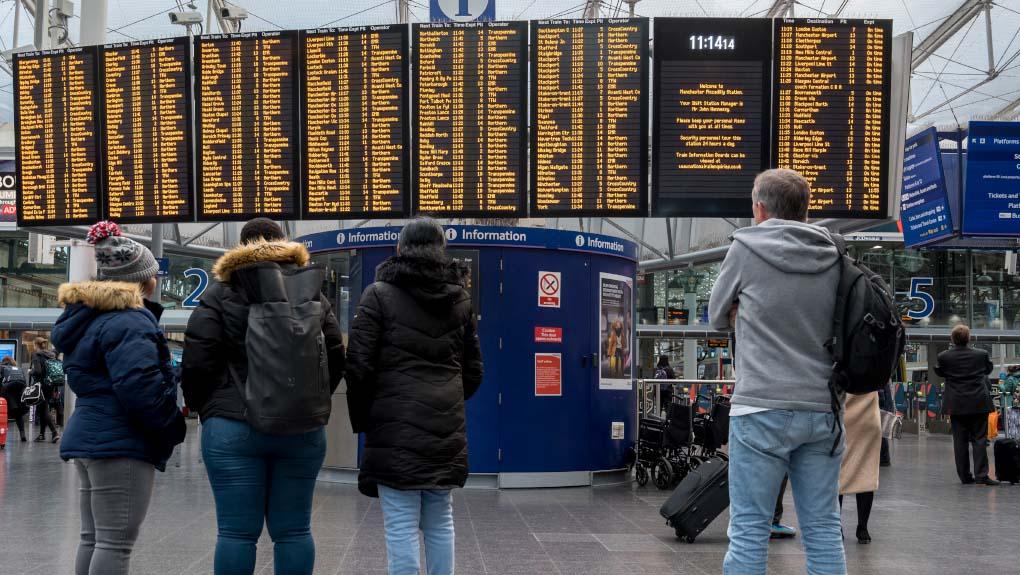
The new timetables aim to lead to a more efficient use of capacity and better resilience to disruption. This will support performance for the benefit of both passengers and train operators.
In a letter to Network Rail and Department for Transport (DfT), the rail regulator set out its understanding of the necessary decisions and issues needing resolution to ensure successful delivery.
West Coast Main Line timetable
Planned for December 2022, the WCML project is now less than 40 weeks from implementation. However, the issues below need further progress soon to support the timetable delivery.
- Network Rail needs to communicate its plan for access and processes for timetabling. Operators (and their funders) will then need to act in line with that plan.
- Contractually, train and freight operators should have submitted timetable applications by now, providing operators and Network Rail with a certainty on the train services they can run.
- Network Rail and DfT need to ensure ongoing power supply and platforming projects conclude as planned.
- In producing the timetable, Network Rail also needs to provide its conclusions on capacity and performance for existing access applications. Only then can ORR determine any disputed applications for this section of the network.
East Coast Main Line timetable
The ECML project has not yet confirmed the timetable it will implement in May 2023. Given the complexity of the options being considered and issues to resolve here, key decisions need to be made by Network Rail and DfT soon.
- A decision on the extra platform capacity issue at Newcastle is needed in the next month.
- A plan is needed to resolve access and timetabling applications in time, in accordance with contractual obligations. Operators (supported by their funders) will then need to act in accordance with the plan.
- Network Rail needs to manage the inclusion of freight access applications into the timetable and its projects to mitigate performance impacts.
The ECML has faced access rights and timetabling issues for several years. Delaying decisions beyond April 2022 risks the same late decision on go/no-go as we saw in 2021. This resulted in uncertainty for train and freight operators requesting access to the network.
John Larkinson, ORR Chief Executive said:
Notes to Editors
- Letter to DfT and Network Rail - West Coast Main Line (WCML) and East Coast Main Line (ECML) major timetable recasts in 2022/23
- There are two timetabling projects on the WCML (Manchester Recovery Task Force and WCML South). Both are scheduled to deliver new timetables from the December 2022 timetable change date.
- The Network Code is a common set of rules and industry procedures that applies to all parties who have a contractual right of access to the track owned and operated by Network Rail. There is an established industry process under the Network Code for Network Rail to agree access with train operators for planned engineering works. If Network Rail seeks more access to undertake its engineering works or defined outputs, and that access is potentially disruptive, it should demonstrate that access is well planned and is being used efficiently.
- The Office of Rail and Road (ORR) holds Network Rail to account for its management of the GB rail network, monitoring how it operates the network to keep trains running on time, and how it keeps the network safe and in good condition.

